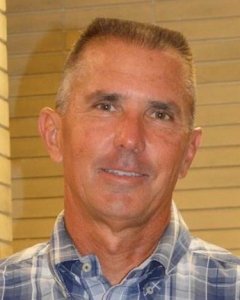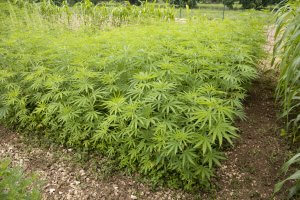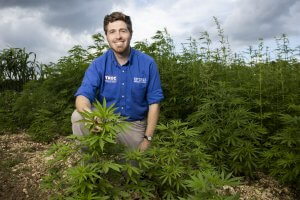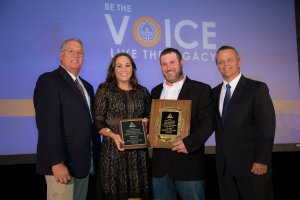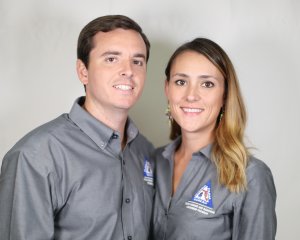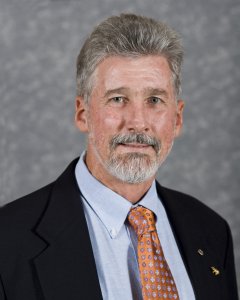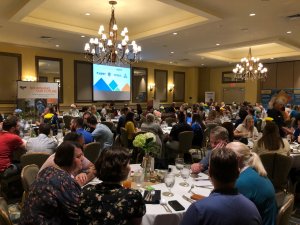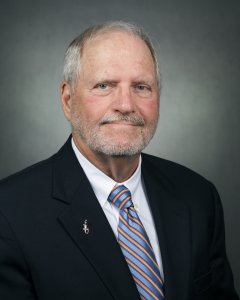
By Jack Payne
@JackPayneIFAS
[email protected]
You are always welcome on the University of Florida campus, but I hope you’ll consider coming to visit us this month. You’ll get a look at your future.
We’re bringing some of the best minds in the world here to help us determine how to keep you – and your children and grandchildren – in the food business. We won’t settle this in two days of events. All the more reason to talk about tomorrow today.
The Future of Food Forum on Jan. 15 aims to give us direction on what researchers and farmers should be doing now to bring innovation to Florida fields. International experts will share the podium with Florida producers.
For example, we’ll have a Gates Foundation executive and the Nigeria-based leader of a global tropical agriculture institute sharing the stage with the Farm Bureau’s own Women’s Leadership Committee chair, Sarah Carte. Another panel puts a Hillsborough County strawberry grower together with captains of agribusiness from companies such as Syngenta.
The next day, Jan. 16, the techies are up. We’ll host “Pathways Towards the Next Generation of Agriculture and Natural Resources in Florida.” We’ll explore how we can harness huge amounts of data to improve your crops, as well as what policies we’ll need to make that happen. We’ll assemble the state’s leading water policy experts to hear what needs to happen to keep the taps running on farms even as cities get bigger and thirstier.
I know you’ve got plenty to deal with in the here and now. But if you don’t start considering drones, artificial intelligence, robots and the like, you’ll be competing someday against growers who already are thinking about these things.
One could dismiss this as all talk if we at UF’s Institute of Food and Agricultural Sciences didn’t have the capacity to act on some of the vision that emerges. When we convene experts, we get A-listers. With UF/IFAS, Florida farmers have one of the best R&D shops anywhere on the planet.
You’re going to need it. Your grandparents or great-grandparents fed about 18 people when they ran the farm. Today, you feed 164. You can expect to be feeding even more as we add 2.5 billion more mouths to the planet by mid-century.
I don’t know how much harder you can work to keep up. You’re going to have to work smarter. We can help. Come to these campus events to get a glimpse of what lies ahead.
If you can’t make it, reconnect with the closest UF/IFAS research and education center or Extension office. But start planning for that future now.
Jack Payne is the University of Florida’s senior vice president for agriculture and natural resources and leader of the Institute of Food and Agricultural Sciences.

